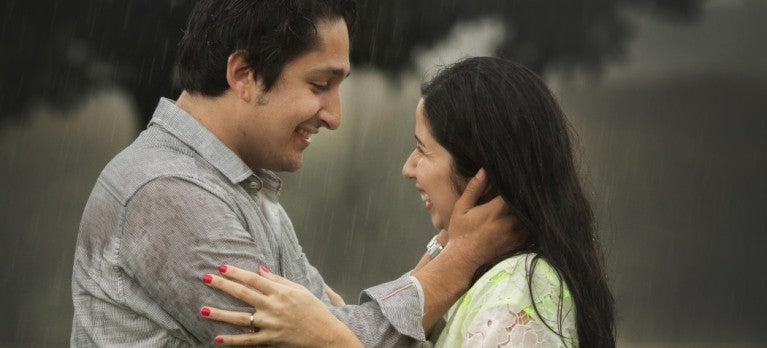
Unlocking the Mystery of Sexuality
|
|
Time to read 4 min
|
|
Time to read 4 min
The Theology of the Body (TOB), a series of catecheses given by Pope Saint John Paul II, offers a profound and comprehensive understanding of human sexuality. It is a vision of love, marriage, and the human person rooted in the Christian understanding of creation and redemption.
At the core of TOB is the belief that the human person is a gift from God, created in divine image and endowed with inherent dignity. Our bodies are not merely physical entities but windows to the soul, reflecting our inner being and our relationship with God. Sexuality, therefore, is not merely a biological function but a fundamental aspect of our personhood.
Pope John Paul II introduced the concept of the "language of the body." This means that our bodies communicate messages, not just through words but through actions and gestures. Sexuality, as a form of bodily language, is meant to convey a profound message of love, commitment, and openness to life.
TOB presents marriage as a sacrament, a visible sign of God's grace. It is not merely a legal or social contract but a lifelong covenant between a man and a woman reflecting the love between Christ and the Church. The marital act is seen as a total gift of self, expressing both unitive and procreative dimensions.
Chastity is not merely abstinence but a positive virtue that integrates sexuality into one's whole person. It is a call to live out one's sexuality in accordance with God's plan. For the unmarried, chastity means living a life of purity and self-control. For married couples, it involves fidelity and openness to life.
TOB offers a countercultural perspective on sexuality in today's world. It challenges the prevailing notion that sex is merely a recreational activity devoid of meaning or consequence. Instead, it invites us to see sexuality as a gift to be cherished and lived in accordance with its true purpose.
The human body is not merely a physical entity but a temple of the Holy Spirit. Through baptism, we become living temples of God. Our bodies are called to reflect the divine image and participate in the life of the Trinity. This understanding of the body has profound implications for how we care for ourselves and others.
TOB has far-reaching implications for personal and relational life. It offers a roadmap for navigating the complexities of human relationships, including friendship, dating, and marriage. It also provides a framework for understanding issues such as contraception, abortion, and artificial reproductive technologies.
By embracing the teachings of the Theology of the Body, individuals can experience a deeper sense of purpose, meaning, and fulfillment in their lives.
One of the most significant applications of the Theology of the Body is in addressing the challenges faced by young people today. A culture that often reduces sexuality to physical pleasure and objectifies the human body presents a stark contrast to the Church's vision.
TOB offers young people a roadmap for navigating the complexities of adolescence and early adulthood. It provides a positive and affirming view of sexuality, helping them to understand their bodies as gifts, not objects. By emphasizing the importance of relationships, communication, and self-respect, TOB empowers young people to make informed and responsible choices.
TOB provides a solid foundation for marriage preparation. By understanding the complementarity of man and woman, couples can deepen their appreciation for each other and their commitment to build a lasting and loving marriage.
Key elements of marriage preparation based on TOB include:
By incorporating the Theology of the Body into marriage preparation programs, couples can develop a stronger and more fulfilling relationship.
Conclusion
The Theology of the Body offers a profound and transformative vision of love, sexuality, and the human person. It is a call to live fully human lives, rooted in love, truth, and beauty. By embracing the teachings of Pope Saint John Paul II, we can cultivate a culture that values life, promotes healthy relationships, and honors the dignity of every individual.
As we navigate the complexities of the modern world, let us turn to the wisdom of the Theology of the Body for guidance and inspiration. By sharing this message with others, we can contribute to a world where love, marriage, and family are celebrated and cherished.
Incorporating the Theology of the Body into our lives requires ongoing reflection, prayer, and support. By fostering a culture of dialogue and openness within our communities, we can create spaces where these teachings can flourish. Ultimately, the goal is to live out the fullness of our humanity as beloved children of God.